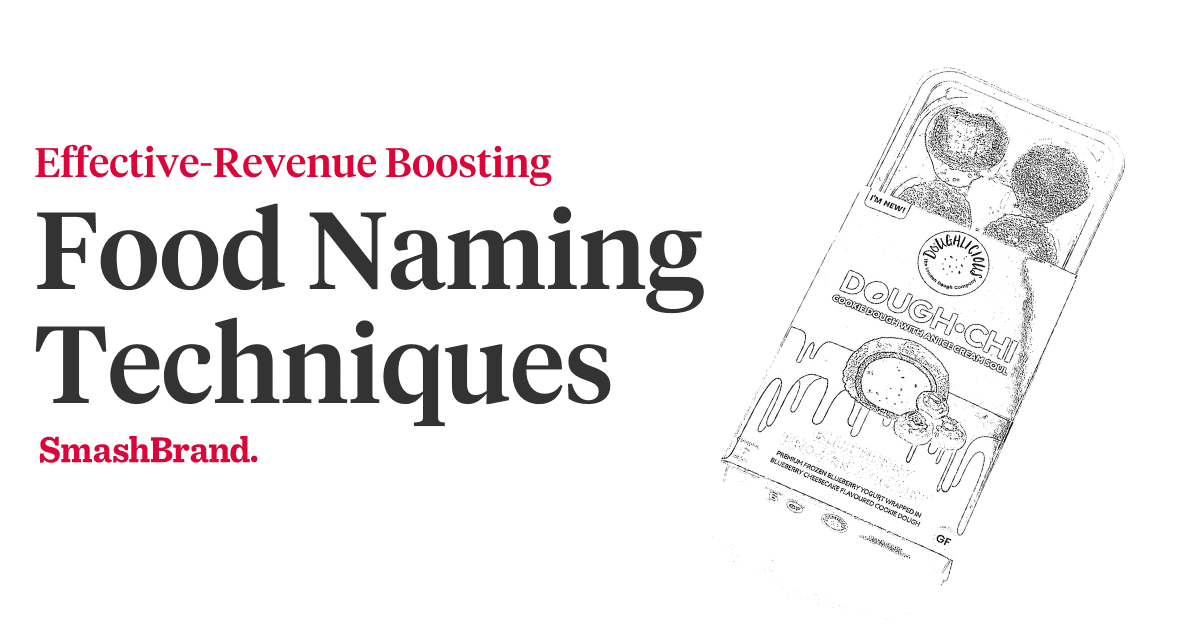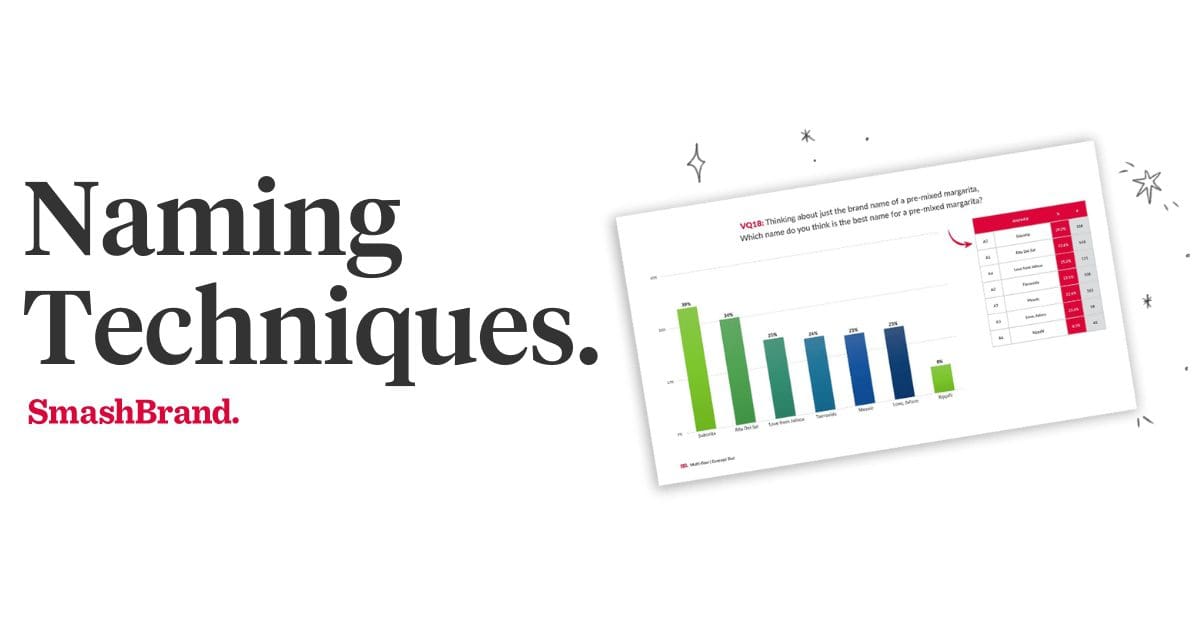Listen to This Article

Mobile App
If you long for the days when we used to purchase items from brick and mortar stores, maintain contact with people via personal interaction and go on cross-country trips in lice-infested wagon trains, then stop reading this right now, you hear? STOP READING NOW!
Well, if you’re still here, you’ve probably used a mobile app to purchase things or check your Facebook page. We know we have. Moreover, you’re probably interested in learning how you can optimize your online presence through the use of either mobile or Web applications.
But aren’t mobile and Web apps just new-fangled techno-jargon designed to keep the world in a state of permanent digital confusion? The short answer is: yes.
However, it is a qualified yes. Naturally, forcing the population to stay continually glued to their portable and stationary media devices is an effective way to keep people distracted from the zombie apocalypse, which is near. However, in the meantime, don’t you want your business to be able to compete in the increasingly cutthroat global market? Of course you do. Employing mobile or Web apps, depending upon how and for what they are applied, is an effective strategy.
What is the difference between a Web application and a website? How do you know if a mobile app or a Web app is more appropriate for your company? Why would I need either? Will someone please rub my temples?
Get your Hands on the SmashReport!
And enter to win a FREE brand diagnosis worth $20,000.
*The SmashReport is a monthly newsletter for FMCG and CPG brands, helping them stand out in the competitive retail marketplace.
The Difference between a Web Application and a Website
Tricky, tricky, tricky. A website is the Internet groundwork that allows the use of multiple applications. For example, Google.com is a website; Gmail is a Web application. Google allows users to search for Web pages, use its map function, commit to its social media site, maintain an email address and so forth. Gmail is the application that allows the sending and receiving of emails.
The line between websites and Web apps is quite cloudy. There are quite a few Web applications that masquerade as websites. Facebook is actually a Web application, as is Twitter, and so too is Athletic Xtreme. It gets even murkier when discussing popular retailers, such as Amazon.com, which provide commenting and community services, but are considered Web apps because their main function is to perform tasks for users. Vague enough for you? You’re welcome.
The Difference between a Mobile App and a Web App
A mobile app is an application that was developed for the sole purpose of being used on a mobile device (smartphones, tablets, tablets that are slightly smaller than tablets and yet do not have telephonic capabilities, etc). Mobile apps are used for GPS, social networking, emails, downloading music, buying things or, most commonly, playing games. Exploring the development of hybrid casual games could present an opportunity to captivate a broader audience by fusing accessible gameplay with more in-depth and varied experiences. Web apps can be accessed and used on any Internet device, whether mobile or stationary.
Why would I need a Web app?
Unless you’re relying entirely upon your Facebook page to carry the load of your Web presence, you’re going to need a website, if only to add legitimacy to your enterprise. If you plan on selling goods and services online, you will definitely need at least a Web app. Of course, there are companies that allow business owners to sell their goods through the use of their third-party services. If you are considering going that route, we offer you this advice: Grow up.
Why would I need a mobile app?
Well … you probably don’t. Don’t get us wrong; it is a good idea to have a mobile-friendly version of your website or Web app, but unless you have a specific interactive game that is dedicated to mobile users, you’re not going to need a mobile app until your Web presence is fully established. To deliver a tailored and optimized user experience across various mobile platforms, businesses can explore custom mobile app development services, enabling them to create native applications that leverage device-specific features, ensure seamless integration with backend systems, and provide a consistent brand experience. Suffice it to say, there is no reason to build a mobile app around your business if you don’t even have a website.
Mobile-Friendly Web App. Yeah, baby!
In all likelihood, a mobile-friendly Web app is going to be the most appropriate choice for your business. You want to be able to give your users a Web app that has been formatted to be readable on mobile devices, and also be instantly accessible without first downloading and installing it from a mobile marketplace.
Additionally, you will be able to update it instantly and have the latest version up and running immediately; the responsibility of updating mobile apps rests solely on the shoulders of the mobile app users, who must download the latest version themselves.
So, what have we learned today? We’ve learned that the use of digital media is hastening the arrival of the zombie apocalypse. We’ve learned the difference between websites and Web apps (sort of). We’ve learned that mobile apps are fine and dandy in their place, but you’ll probably need a mobile-friendly Web app, if you’re being honest with yourself.
Data-Driven Brand Development
Want a best-selling brand? SmashBrand is a brand development agency for FMCG and CPG companies. From brand strategy to packaging design testing, our Path To Performance™ process guarantees a retail performance lift. Book a time to discuss your project with our team.





